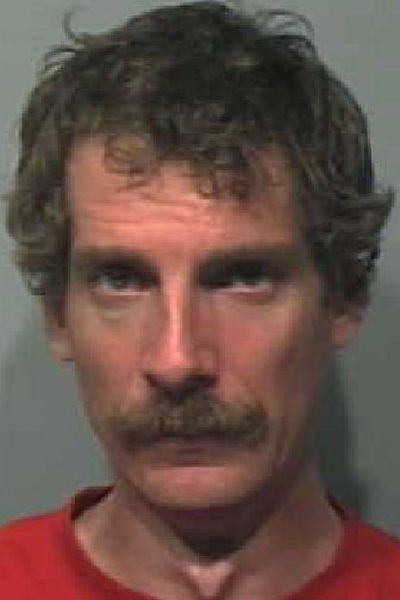Duncan had details on slain Seattle girls

Within days of his arrest last month, North Idaho multiple-murder suspect Joseph Edward Duncan III implicated himself in the 1996 deaths of two Seattle girls during a conversation with FBI agents.
“He was talking and telling stories,” a Justice Department source said Wednesday in describing the interview FBI agents had with Duncan in Coeur d’Alene shortly after his arrest July 2.
At some point during an interview with the FBI, the man who’s now a suspected serial killer linked himself to the abductions and murders of Sammiejo White, 11, and her sister, Carmen Cubias, 9, the Justice Department official said.
The girls disappeared July 6, 1996, after leaving a motel in Bothell, northeast of Seattle.
The official didn’t say if it was FBI agents or Duncan who first raised the issue of the Seattle girls’ murders.
At the time of their disappearance, the convicted sex offender had been released from prison in Washington and was on parole, living in a motel on Aurora Avenue, which cuts through north Seattle, state Department of Corrections records show.
Last week, authorities in Riverside, Calif., said they have a fingerprint that ties Duncan to the 1997 abduction and murder of 10-year-old Anthony Martinez.
He was abducted at knifepoint by a man who offered a group of children money if they would look for a lost cat.
The boy’s bound and naked body was found 15 days later, dumped in a canyon north of Indio, Calif.
When detectives from the Riverside County Sheriff’s Office traveled to Coeur d’Alene in late July, Duncan refused to speak with them.
But earlier, he did talk with FBI agents, offering enough specific information to incriminate himself in the unsolved Seattle double-homicide.
Capt. Ben Wolfinger, a spokesman for the Kootenai County Sheriff’s Office, said Wednesday he couldn’t comment when asked about Duncan’s links to the Seattle homicides almost a decade ago.
But the information Duncan provided to the FBI apparently contained enough specifics for agents to conclude he wasn’t offering a false confession.
Experts say suspected killers sometimes confess or brag about crimes they didn’t commit – for ego enhancement or to skew the investigation.
“He offered little bits of information about the (Seattle) case, in between rambling stuff and pontificating,” the official added. “We think he’s good for it.”
The girls’ skeletal remains weren’t found until February 1998, leaving detectives with little physical evidence, authorities said.
Duncan’s name never came up in the initial investigation, according to retired Bothell police Detective Dennis Nizzi, the Seattle Post-Intelligencer reported Wednesday.
“There were no solid suspects in the case,” Nizzi told the P-I.
If King County wants to charge Duncan with the murders of the two girls, prosecutors there will have to stand in line behind state and federal courts in Idaho and state courts in Minnesota and California.
He currently faces three counts of first-degree murder in Idaho for the bludgeoning deaths in May of Brenda Groene, 40; her boyfriend, Mark McKenzie, and her 13-year-old son Slade Groene. The three were found beaten to death May 16 in their home near Wolf Lodge Bay, east of Coeur d’Alene, adjoining Interstate 90.
Duncan is scheduled to be arraigned for those three homicides at 3:30 p.m. Aug. 18 in Kootenai County District Court.
After that case is resolved, Duncan is expected to face at least two charges in U.S. District Court in Idaho on charges of kidnapping 9-year-old Dylan Groene and his 8-year-old sister, Shasta. The children were abducted from the scene of the three homicides.
Duncan hasn’t been charged with murdering Dylan Groene, whose remains were found at a Western Montana campsite. That discovery was made a few days after Shasta Groene was rescued. Duncan was arrested July 2 at a Denny’s restaurant in Coeur d’Alene.
At the time of his arrest, Duncan was a fugitive, wanted on suspicion of molesting a 6-year-old boy in Minnesota.